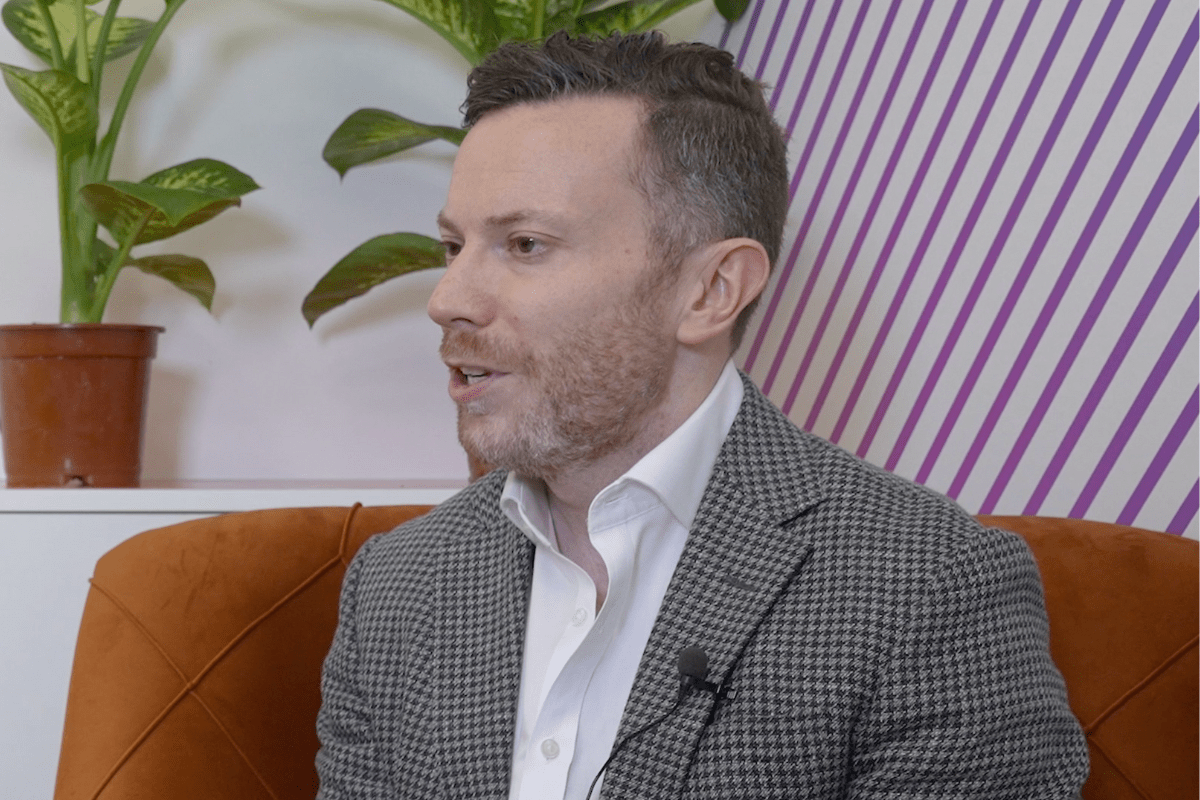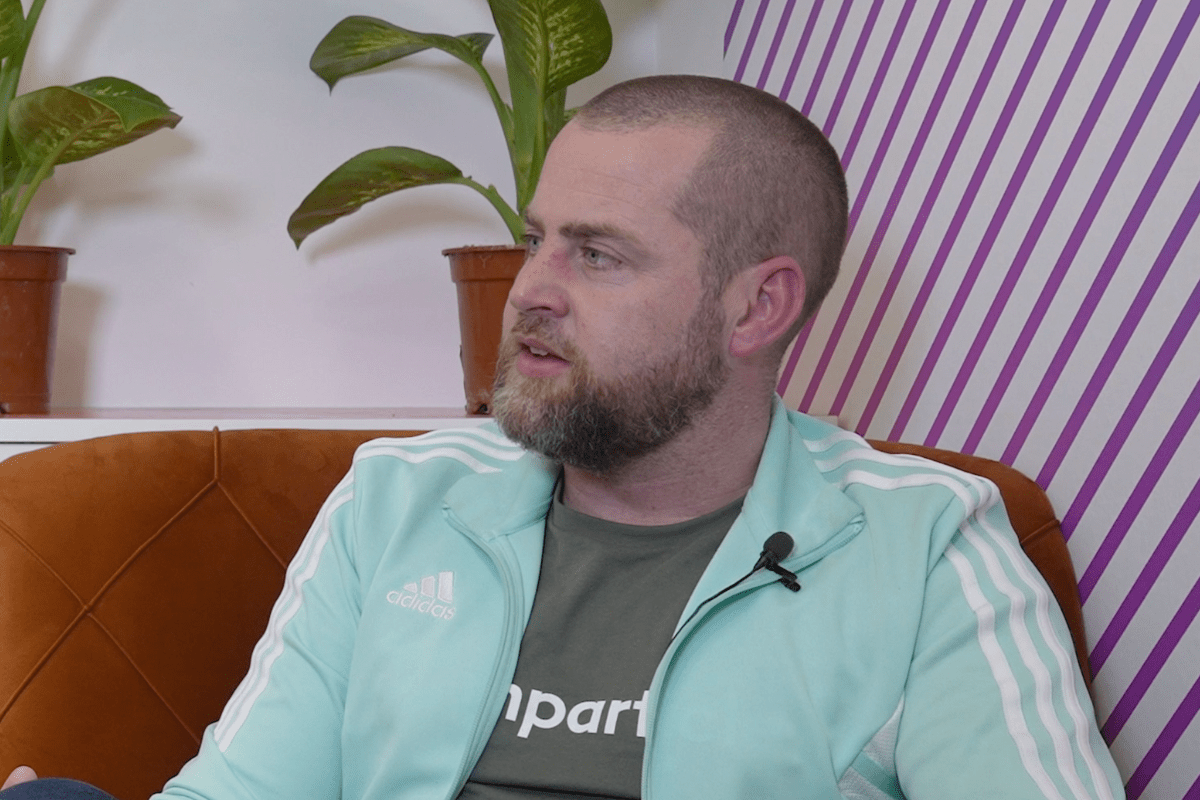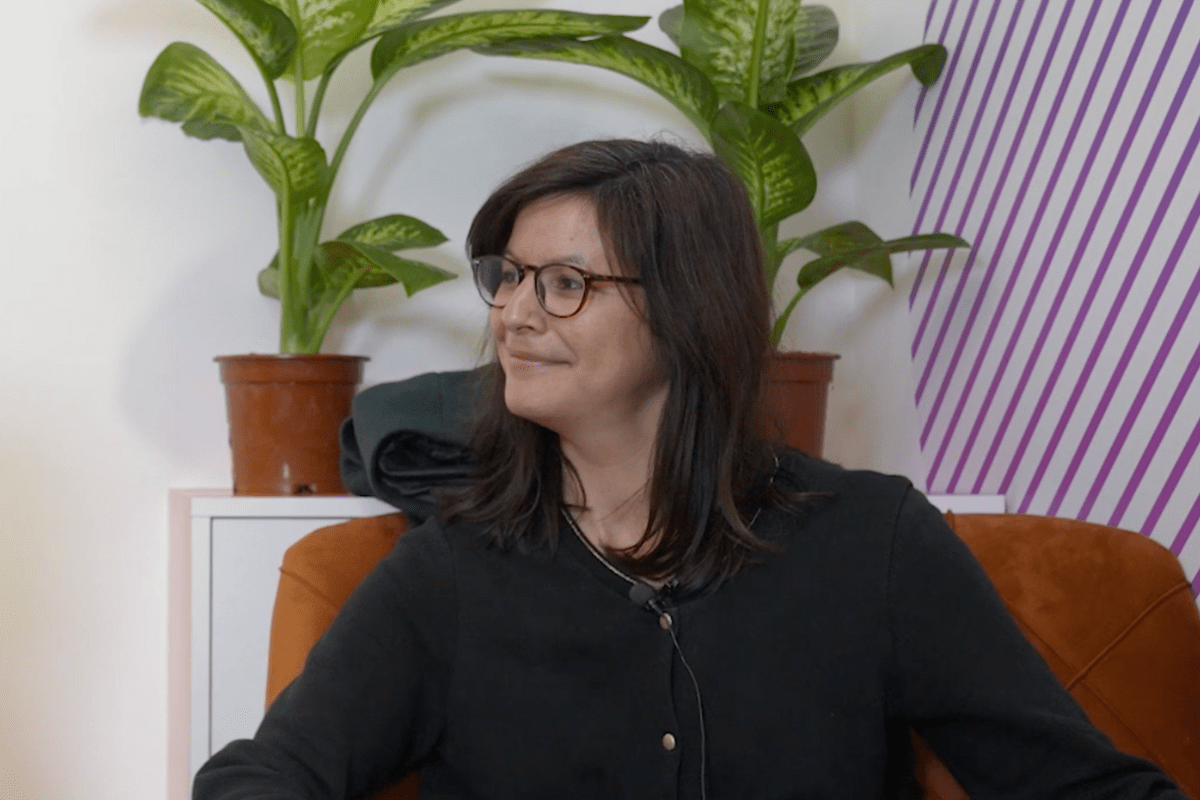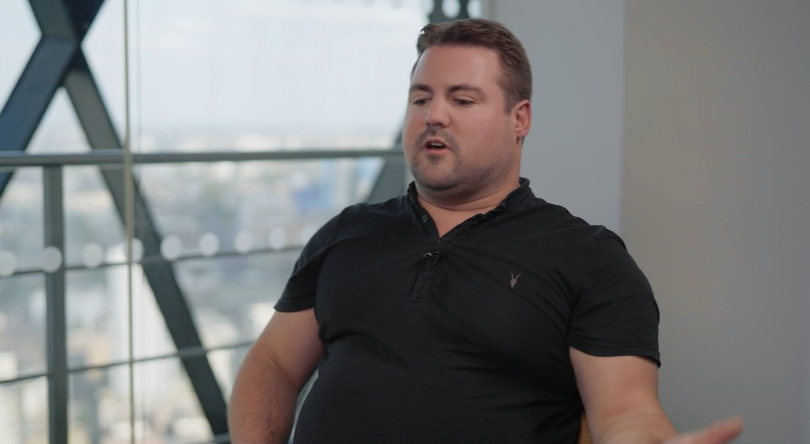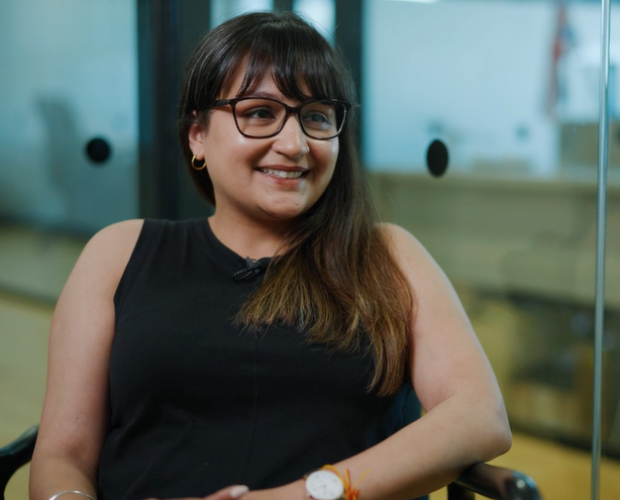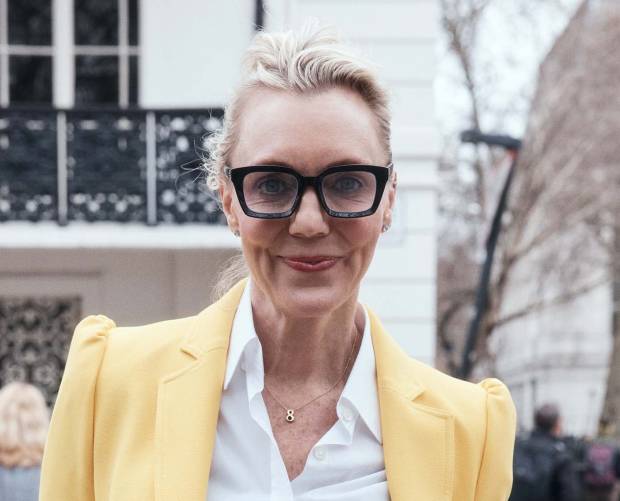Home Truths
- Thursday, February 19th, 2015
- Share this article:
 Homeless street vendors are not the sort of people you immediately associate with entrepreneurship, but after a few minutes in the company of Stephen Robertson, CEO of The Big Issue, you realise that perception might be misplaced. For as Robertson explains, the people you see on the street selling The Big Issue are, in a very real sense, running their own small business. When they start out, they get five free copies and a temporary Big Issue Vendor badge, and a few weeks later when they graduate to permanent Vendor status, they might get a few more. Other than that, every issue they want to sell, they have to pay for, at half the cover price. At the end of each shift, if they decide to spend their takings on things other than more copies to sell the next day, there’s no one to bail them out.
Homeless street vendors are not the sort of people you immediately associate with entrepreneurship, but after a few minutes in the company of Stephen Robertson, CEO of The Big Issue, you realise that perception might be misplaced. For as Robertson explains, the people you see on the street selling The Big Issue are, in a very real sense, running their own small business. When they start out, they get five free copies and a temporary Big Issue Vendor badge, and a few weeks later when they graduate to permanent Vendor status, they might get a few more. Other than that, every issue they want to sell, they have to pay for, at half the cover price. At the end of each shift, if they decide to spend their takings on things other than more copies to sell the next day, there’s no one to bail them out.
Seen in this light, when you hear about Big Issue vendors taking to social media to promote their wares and even taking mobile payments on iZettle devices hooked up to their iPhones, it comes as less of a surprise.
“It is a face-to-face sales job; you have to stop people in the street and persuade them to put their money in your hand, so you have to become orderly and business-like and you have to turn up for work on the pitch we allocate to you and articulate things, and this is what changes people, brings them back into the mainstream,” says Robertson. “The process of selling changes them culturally because they are interacting with people, and it also means they have to plan their finances, because if they have no cash, they can’t get any Big Issues to sell.”
Street News
The idea for The Big Issue came when a man in New York tried to sell a copy of Street News – a precursor to The Big Issue – to Gordon Roddick, wife of the late Anita Roddick, founder of the Body Shop founder Anita Roddick. Gordon liked the idea that the vendor was trying to sell him something, as opposed to begging, so when he got back to the UK, he felt he wanted to start something similar, so got together with a friend, John Bird, who had experienced homelessness and prison, and with Anita, invested £600,000 to enable Bird to get the idea off the ground.
“The idea was to give these people an alternative way to get money other than through crime or begging,” says Robertson. “The concept of The Big Issue as a hand up and not a hand-out has travelled the world and there are versions of street papers now in over 130 countries – it is a global phenomenon.”
But while The Big Issue concept has undoubtedly established itself, Robertson is not naïve enough to think that the people who sell it don’t occasionally have a hard time.
“Some people have a negative perception of what people who are homeless are like, and are not willing to interact with someone who looks down and out, even more so if they appear to be prospering from the situation,” says Robertson. “I’ve seen tweets from people saying they were going to buy The Big Issue from a vendor, but then they noticed they had an iPhone so they didn’t. But if one of our vendors has an iPhone, surely that says they are paying the bill so their business is working, so what’s the problem? Homeless people want the same things as the rest of us, they are just starting from a position of disadvantage.”
Mobile payments
The problem is, presumably, exacerbated when the most tech-savvy vendors start using iZettle to take payments on their iPhones. “We have a few vendors using iZettle who say that up to 10 per cent of their sales will come through that route,” says Robertson. “That involves a lot of communication. Telling Big Issue customers they can pay by credit card is a strange thing, and it probably does not compute. The tech exists but there’s a gap between the tech proposition and the culture because the vendor is having to unpick people’s stereotypes of what a homeless person is.”
This is not holding The Big Issue back, however. In fact, Robertson adds, it is planning a trial for London Tech Week in June which will see 10 of its vendors given the kit they need to take cashless payments. “We will expect them to have a bank account and they will get a small device that plugs into a mobile phone whereby the money goes straight into a bank account and is reconcilable,” he says. “The tech part of this is 30 per cent of the project, the bigger part is the marketing of it and educating the vendors to run with it.
“The more we can do to articulate this as a financial inclusion project the better, because we are about changing lives and getting people back into the mainstream, which will include cashless payments, so it is incumbent on us to embrace these changes. But we will be fighting against people’s stereotypes.”
Night Walk
Before London Tech Week, Robertson is helping to organise another event close to his heart, The Big London Night Walk on 6 March, in which around 200 people will do a 12m/20km circular walk round London through the night to raise money for The Big Issue Foundation, the organisation’s charitable arm. The story behind the walk is interesting, and directly relevant to the lives that The Big Issue vendors lead, as Robertson explains:
“Anyone new to living on the streets doesn’t sleep at night because it’s dangerous and they are worried about being abused, so they walk during the night and sleep during the day, and the Night Walk recognises that fact, and helps us to raise money.”
Anyone interested in taking part in the Night Walk can find out more here.




